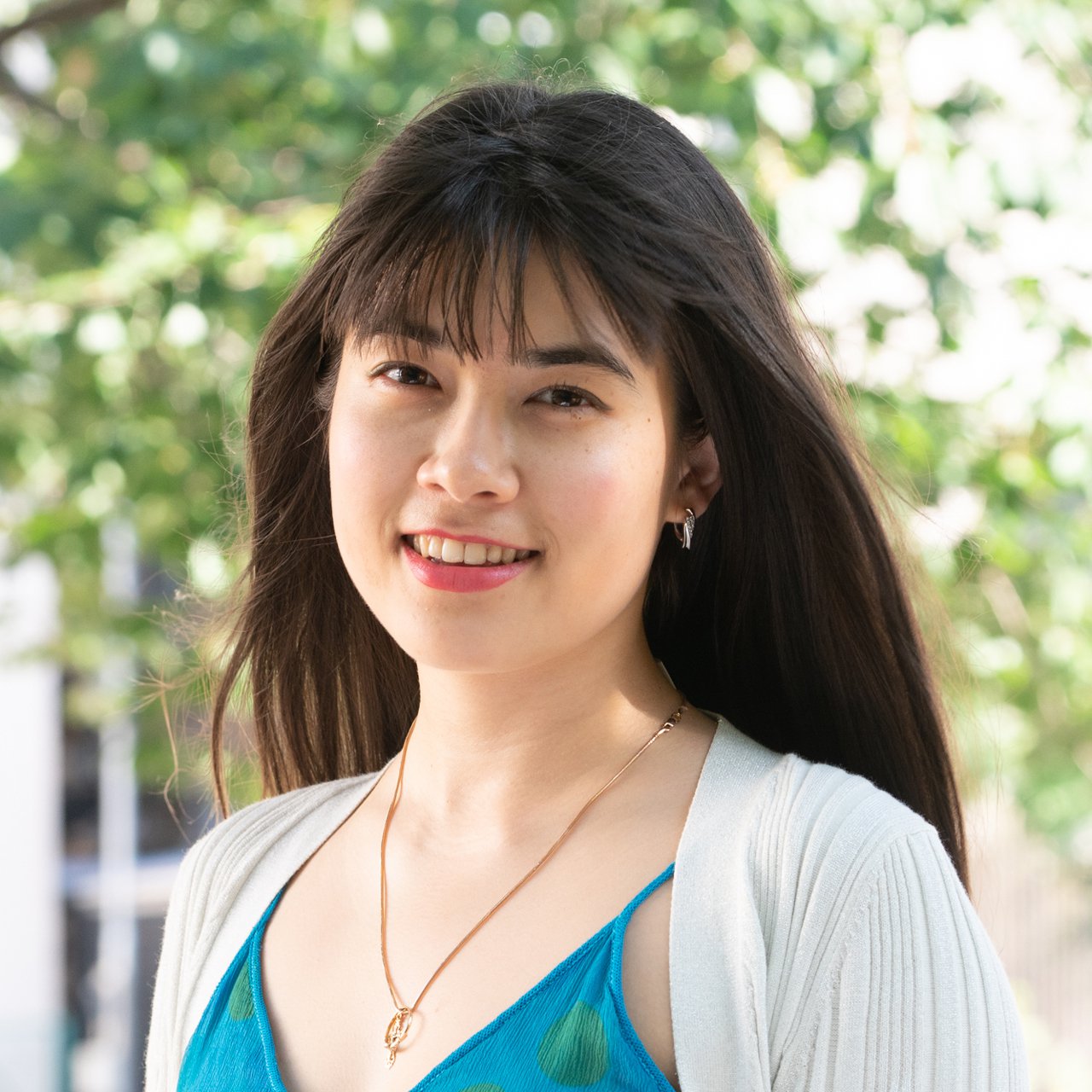Many people in the world do not carry official identification. They have no access to basic services such as medical care, education, and financial services due to poverty, conflict, or persecution. Kristina Yasuda, the director of InternetBar.org, an international non-governmental organization (NGO), aims to create an identification method that is available for everyone by building the infrastructure of a decentralized Identity (ID) service.
“The decentralized ID service is a life’s work and a vision that will take from 20 to 30 years to realize. For the next 5 to 10 years, I plan to contribute to technological innovation and develop a decentralized ID prototype that is applicable in society. For the 10 years after that, I plan to support decentralized IDs until their full-scale implementation,” Yasuda elaborated.
Yasuda is, in fact, involved in multiple businesses to realize her ambition. One of these is choosing the optimal technologies for implementing various decentralized ID service elements at Microsoft USA and working on standardizing those technologies. As an identity standards architect, Yasuda wants to assure the interoperability of the decentralized ID services created by every corporation, including Microsoft, and enable their coordination with existing systems.
As for her activities at InternetBar.org, she promotes the practical implementation of decentralized ID services in developing countries through demonstrations and contributes to developing the governance framework. She conducted a demonstration in 2019 in Bangladesh, implementing a system to issue digital certificates to confirm medical qualifications more efficiently. She conducted another demonstration test in 2020 in Zambia, helping young people find employment by proving their skills and building trust with employers.
The decentralized ID technology that Yasuda participates in will become essential to “build trust with others” in digital environments. The current internet does not have a common system for identification, authentication, or authorization to make building trust possible. Yasuda anticipates that using decentralized ID technology will make it possible to realize “self-sovereign identity,” allowing individuals to present the attributes they find appropriate for each context of their own will and form the self-image that they want. She also expects this technology to enable “trust-building” that transcends the borders of countries and organizations.




